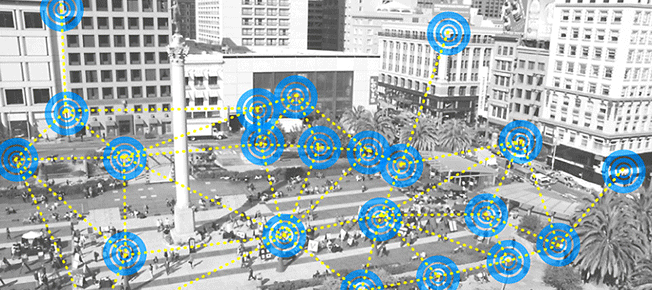Perceptions, Concerns, Privacy
At its deepest and most general level, the distinction between private and public can be surmised as: what is hidden / withdrawn versus what is open and accessible; or, what is individual versus what is collective.
What becomes of private and public for individuals who donate their personal data? The very conceptual distinction of ‘public’ and ‘private’ has been one of the grand dichotomies of Western thought. In the sense of a binary opposition that is used to subsume a wide range of distinctions, ones which are analytically distinct while at the same time subtly confusing, overlapping or intertwined (Weintraub & Kumar, 1997). Digital data shadows are the collection of personal information, and as such, they traverse both these dichotomies. Even if they are invisible and we are not aware of them, their existence has an effect on they identify the individual in the collective. Financial institutions use them to determine credit, employers use them to hire us, law enforcement officials use them to investigate us, and identity thieves use them to commit fraud.
In regards to the internet, data, and social media, the terms ‘private’ and ‘public’ blur into each other, becoming a binary pod struggling to handle the disruption of mediating technologies. Haraway (1991) uses the metaphor of the ‘integrated circuit,’ acquainting the dissolving distinctions between public and private domains with the growing pervasiveness of corporate privatization and communications technologies that are working simultaneously to shrink public space. This is because new social technologies have “altered the underlying architecture of social interaction and information distribution” (Boyd, 2007).
Take, for instance, social networking sites as a form of public space. These sites are the latest generation of what Boyd terms “mediated publics,” in that they have four distinct properties: 1) persistence (the internet does not forget), 2) searchability, 3) replicability (copy & paste content) and 4) invisible audiences. These properties change the rules and dissolve the discernibility of distinctions between online private and public spaces. For conversations spread, contexts collapse, and new technologies continuously destroy attempts at digital walls. Despite the promises and suggestions that social networking sites convey with ‘private messaging,’ ‘curated friends lists,’ and ‘personalization,’ the shift of content from the public to private is always a potential.

Picture from Marcelo Morales, Christopher Herrera and Patricio Salazar. - seminario_webs_gubernamentales
For the data donating individuals who shared their experiences and privacy concerns with me, there was a general awareness and sense of acceptance that the internet is a public place. Some turned to the collective strength of communities for protection. Others established their own set of social structures using filters and posting rituals to accommodate for this. Interestingly, multiple participants expressed hesitations and a subsequent establishment of posting practices, specifically concerning children. I would argue that parenting naturally extends to the online world, influencing usages of social media, and heightening awareness of surveillance and unknown audiences.
Ultimately, all data donors expressed an awareness of surveillance, one that did not dramatically hinder their participation online. In one participant's words, "you can't really control it [surveillance], so you have to accept it." I question if the rationalization of surveillance comes naturally with the erosion of public space, as we see a ubiquitous integration of surveillance cameras and police monitoring in public spaces (Low, 2006). Or it could be that a military culture pervades individual imagination as Haraway purports (1991). Simultaneously on the macro level, it is argued by scholars such as Altheide (2017) that the control narrative is being reinforced by the social constructions of fear of both crime and terrorism. Either way, the terrain of our contemporary surveillance society has expanded to the internet.